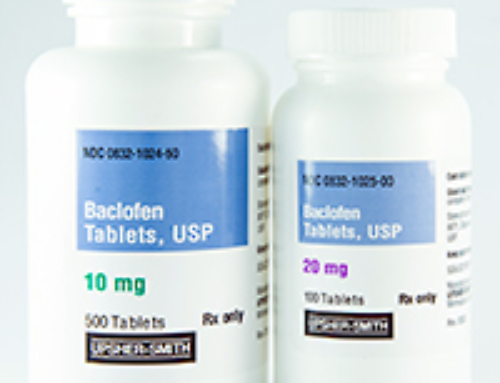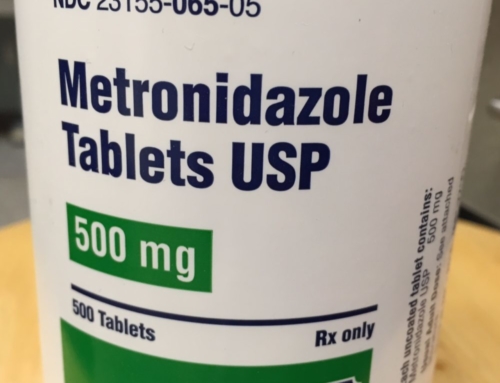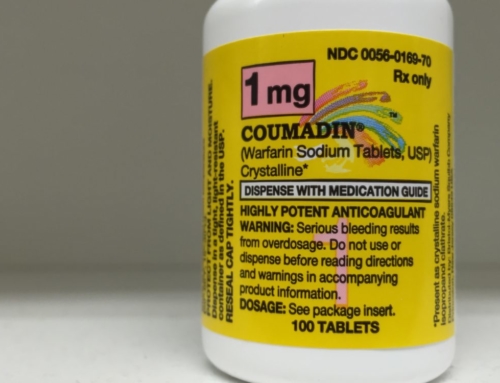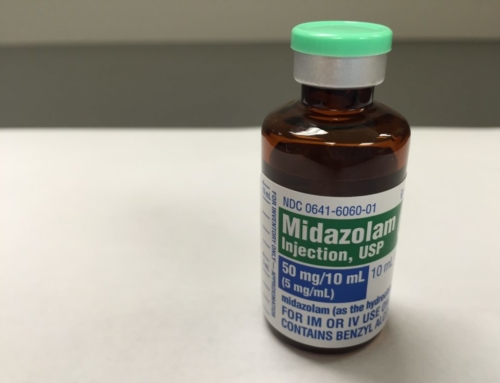If you have any reason to suspect your pet has ingested something toxic, please contact your veterinarian or one of the other resources listed:
• ASPCA Animal Poison Control Center 24-hour hotline at (888) 426-4435
• Pet Poison Helpline® 24-hour animal poison control service at (855) 764-7661
Opioids
Opiates and opioids are commonly used in both human and veterinary practice to 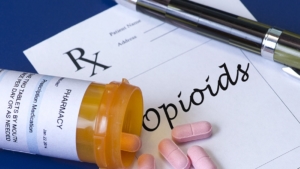 provide pain relief. Drugs classified in this category include Percocet, Vicodin, hydrocodone, fentanyl and morphine. It also includes illicit drugs such as heroin.
provide pain relief. Drugs classified in this category include Percocet, Vicodin, hydrocodone, fentanyl and morphine. It also includes illicit drugs such as heroin.
Though your pet may be prescribed opioids, it is important to note that these medications can be toxic if ingested in significant quantities. Never give your pet more medication than prescribed and always consult your veterinarian before altering your pet’s medication regimen.
In regards to fentanyl patches, check it frequently if your pet has one placed. You 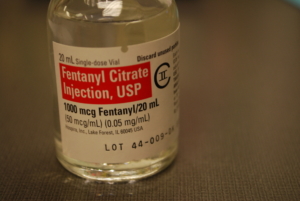 need to regularly ensure it is in place and has not been ingested. In order to prevent ingestion you can use preventative measures such as a bandage or tape placed over the patch or use a cone-like collar. If the patch is missing or cannot be found, contact your veterinarian immediately.
need to regularly ensure it is in place and has not been ingested. In order to prevent ingestion you can use preventative measures such as a bandage or tape placed over the patch or use a cone-like collar. If the patch is missing or cannot be found, contact your veterinarian immediately.
Signs and symptoms of toxicity: depression and fatigue (dogs), excitation and aggressiveness (cats), difficulty walking, seizures, increased production of saliva, vomiting, defecation (dogs), constipation (cats), changes in urination (dramatic increase or decrease), decreased heart rate, increased panting and dramatic changes in pupil size.
Toxic consumption:
There is no established toxic threshold for pet consumption. All incidents of accidental exposure should be reported immediately.
References:
– Malouin A, Boiler M. Sedatives, muscle relaxants, and opiods toxicity. In: Silverstein DC, Hopper K, eds. Small Animal Critical Care Medicine. St. Louis: Elsevier, 2009; pp.350-356.
– Osweiler, G, et al. (2011). Blackwell’s five-minute veterinary consult clinical companion. Small Animal Toxicology. [Kindle version]. Retrieved from Amazon.com
Pet Poison Control is provided free as a public service by the American College of Veterinary Pharmacists. Today we’re asking you to support us with a small donation. If you would like to dedicate your gift in honor or memory of a pet or individual, you will have that option before checkout. Your gift of any amount helps us maintain this resource and make it available to the pharmacy and veterinary communities. Thank you!


